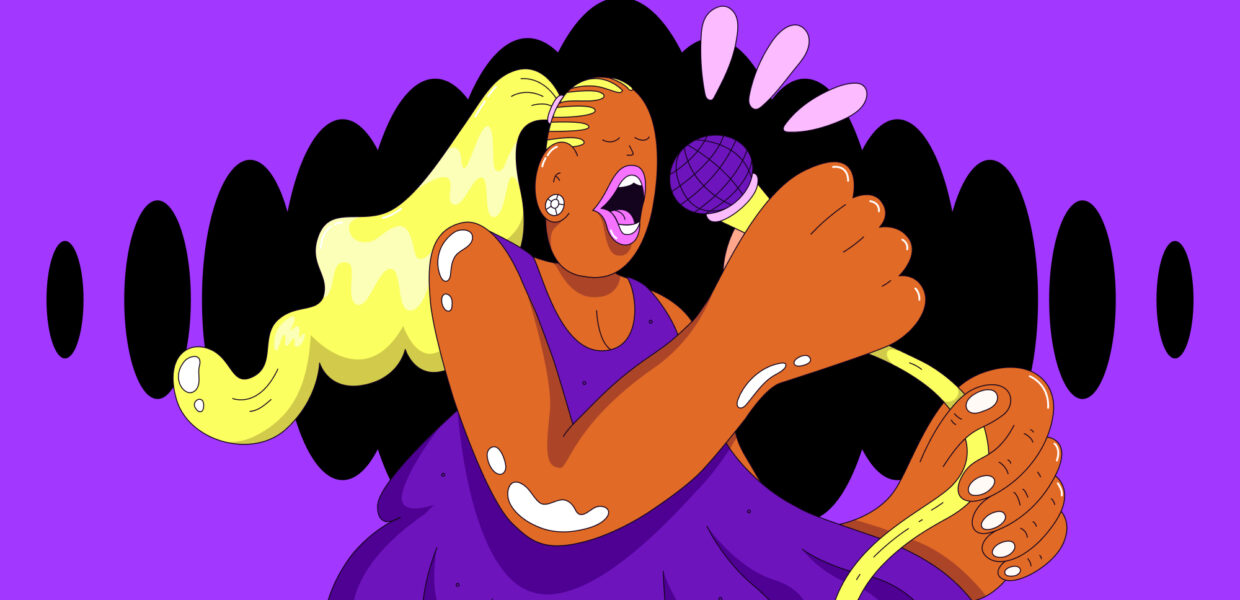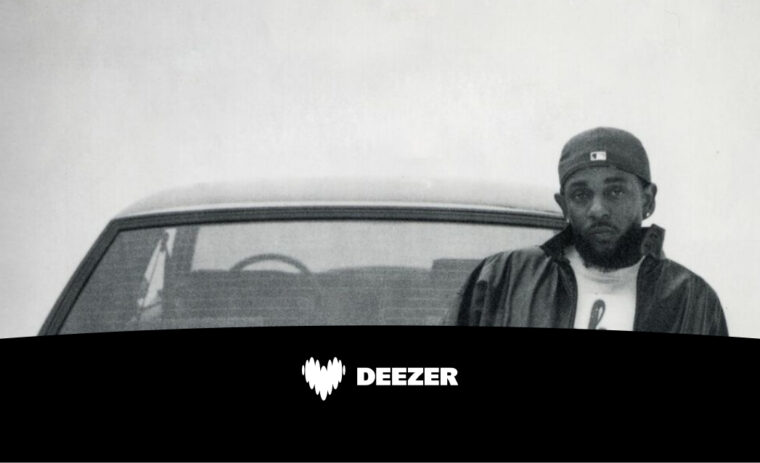THE EARLY YEARS 1961-1968
1961: Nesta Robert Marley was only 17 years old when he started animating sound systems with his childhood friend Bunny Wailer. Ska was taking off, Nesta sported a preppy haircut and strutted down the Jamaican streets in dark tailored suits.
After a series of chance events, Marley recorded two 45 rpm records at Beverley’s under the name of Bobby Martel. ‘Judge Not’, ‘One Cup Of Coffee’ and ‘Terror ‘(which remained unreleased) gave birth to some of the main ideologies Bob defended throughout his career. These themes of love, spirituality and Jamaica’s crushing social violence were to become a part of Bob’s Marley’s spiritual crusade. The tracks were released in the UK, thanks to Chris Blackwell, founder of Island label, and met critical praise and success among England’s Jamaican community.
Following their first international triumph, Bob and Bunny Wailer signed to STUDIO ONE where they became acquainted with Peter Tosh and Junior Braithwaite. They formed their first band The Teenagers. Bob Marley was not yet the singer or charismatic front man he would later become known as, but he contributed heavily to the recording process. Over a 100 tracks left the studio between 1962 and 1965, some hitting the Jamaican and UK charts, namely Bob’s compositions: ‘Simmer Down’, ‘Put It On’ and ‘I’m Still Waiting’.
In 1966 Bunny, Peter and Bob became The Wailers and founded their own label Wailin Soul with their savings from previous record sales.
That year also marked Bob’s introduction to Rastafarian culture. Upon the Ethiopian king Hailé Selassie’s visit to Jamaica, his impact on Bob was so great that he would later go on to become the cause’s spokesman and prophet.
In 1968 the band reunited after a short absence and recorded The Wailing Wailers the first album to sew the seeds of what is known today as reggae. That year Robert Nesta Marley became Bob Marley, singer and ultra-charismatic leader of the Wailers. The band changed to Bob Marley & The Wailers. Marley grew his hair into dreadlocks as part of the Rastafarian movement and these locks would remain uncut until his death.
The Conquering Lion passed away on the May 11, 1981 in Miami. His funeral assembled hundreds and thousands of people around the world to pay their respects to their spiritual leader. Even the maroons, an autarkic clan of Rastas came down from the mountain to bow down before their brother’s body.
Marley’s Best Protest Hits Of All Time
Forty years after his death, Bob Marley remains a music legend. His songs about poverty, justice, politics, and religion are still resonant and relevant to this day. To pay homage to one of the best artists the music industry has ever seen, we rounded up five of his most powerful protest songs of all time.
Bob Marley’s “Concrete Jungle” exposes the sad reality of living in the Jamaican ghettos where he grew up. He zeroes in on the extreme poverty plaguing the impoverished streets of West Kingston, Jamaica, often referred to as the “Concrete Jungle” or “Jungle.”
The line, “No chains around my feet but I’m not free,” depicts how, as a child, Marley felt imprisoned within the cycle of poverty.
Written after his cancer diagnosis, the ballad is Marley’s raw and honest take on his impending death and a reflection on his purpose in life. In the track, he encourages his believers to free themselves from mental slavery and continue to fight for their futures. The track that would conclude his music career also served as Marley’s most successful song and one of the greatest hits. Since its release, it has been covered more than 35 times by artists around the world.
After witnessing police brutality in his hometown in Jamaica, Marley released this track. Several decades later, “I Shot the Sheriff” continues to serve as an unofficial anthem against injustice and corruption in society. The lyrics still resonate with people fighting for their rights and beliefs, and the song recently found renewed popularity at the height of the #BlackLivesMatter movement.
The track was written after Marley’s trip to Haiti, where he was moved by the extreme poverty in the country. “Get Up, Stand Up” is as straightforward as it can be, urging listeners to stand up for their rights. The 1973 hit is considered by many as the most famous protest song in the history of music.
The lyrics to this song were inspired by a speech that Ethiopian Emperor Haile Selassie presented to the United Nations in 1963. While the track focuses on the struggles of Africans, it applies to any minority group experiencing racism, classism, and poverty. According to Marley, until we observe equality, war will always occur.
THE CONQUERING LION
Marley’s message of love is immortal and continues to inspire people around the world.
…So much so that Marley’s music has been covered by some of the world’s biggest artists:
THE LEGACY
AUTHOR: Cyril Bonnet






